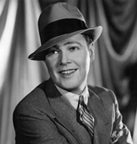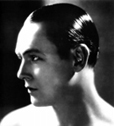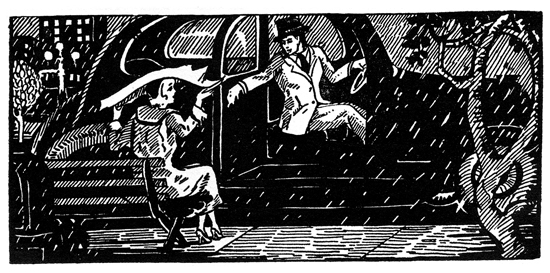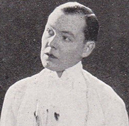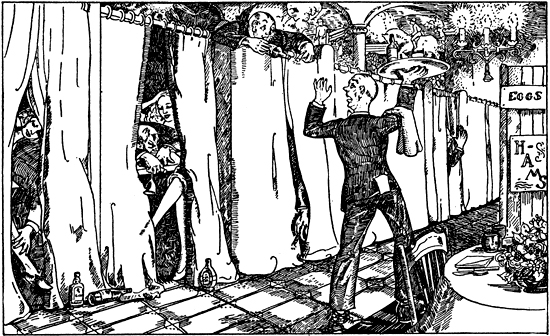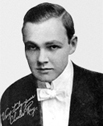 Charles Ray was a popular juvenile star in the 1910s and ’20s, but by the ’30s, his career was on the rocks, and he turned to writing. Here’s “Screwy,” the final tale from his book, Hollywood Shorts, a collection of short stories set in Tinseltown.
Charles Ray was a popular juvenile star in the 1910s and ’20s, but by the ’30s, his career was on the rocks, and he turned to writing. Here’s “Screwy,” the final tale from his book, Hollywood Shorts, a collection of short stories set in Tinseltown.“My, your cigar makes a red glow in the darkness.”
“So does your cigarette, Helen.”
“Let’s quit the stalling, Bert. Why did you get me up here?”
“You ought to know.”
“I don’t.”
“You have a pretty good idea.”
“Now don’t try to frighten me!”
“Don’t tell me that you could be frightened.”
“What should I say?”
“Say what you feel.”
“I feel like a drink.”
“Help yourself, if you can find it in the dark.”
“You’re not a very nice host.”
“Here, I’ll pour it for you.”
“You avoided my question.”
“Did I?”
“Listen, Bert, I heard a gun shot in the hall.”
“That was a motor exhaust in the street.”
“You’re lying. Now I am getting frightened.”
“Why?”
“Don’t be silly. Turn on the lights.”
“I won’t!”
“Then I will!”
“If you move from this divan, you’ll regret it!”
“Listen to me, it’s time I know why you got me here.”
“You’ll find out when the time comes.”
“That time is now!”
“No, it isn’t.”
“Bert!”
“Yes.”
“This has gone far enough!”
“Un-uh.”
“And don’t talk in grunts.”
“I’ll talk plenty when the mug gets here!”
“Bert, have you gone mad? I’m being held for—“
“You are.”
“This is an outrage. I have a gun in my bag!”
“But you won’t use it.”
“What makes you think I won’t?”
“Because your father is the mug I’m waiting for.”
“I always knew you were a cad!”
“Those are silly words.”
“These aren’t. Get a load of this!”
“Well, you ought to be careful about empty guns.”

